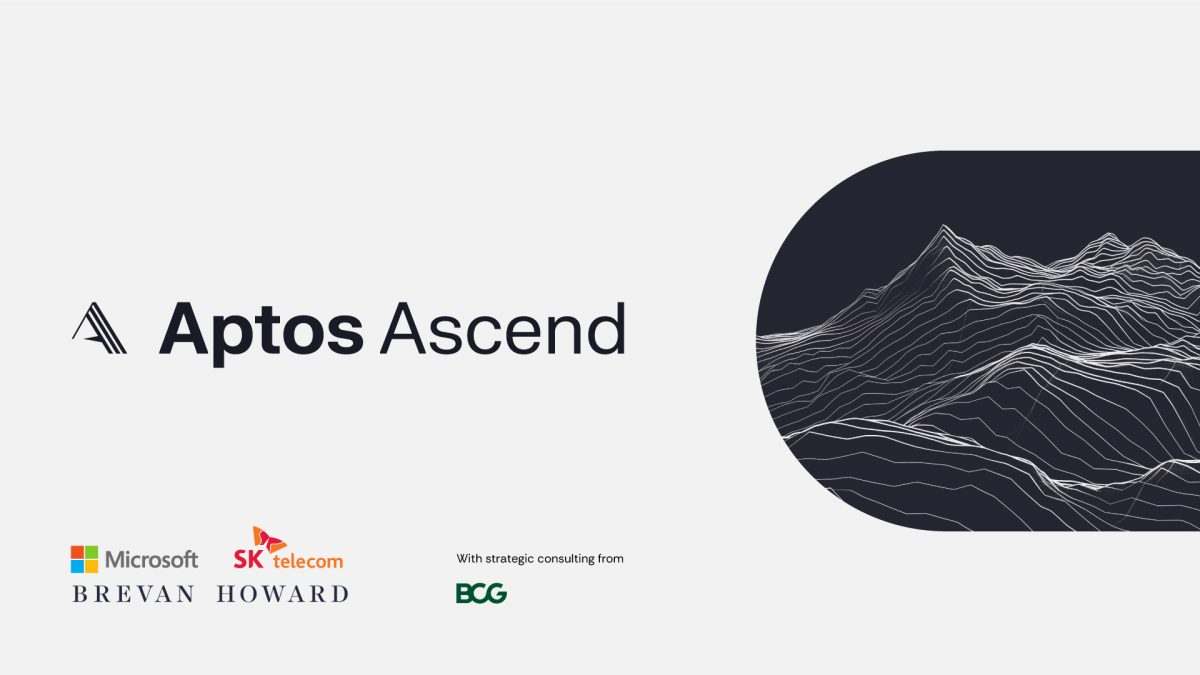What are EVM-compatible blockchains?


A term commonly thrown about is that of EVM-compatibility, which refers to a blockchain that's compatible with the Ethereum Virtual Machine.
In this article, we will explore what EVM-compatible blockchains are, how they work, and why they are important for the future of blockchain technology.
Understanding the Ethereum Virtual Machine
The EVM is the engine that powers the Ethereum blockchain, providing a runtime environment for decentralized applications and smart contracts. As a Turing-complete machine, it can execute programs written in any language, making it a flexible and powerful tool for developers.
Conceptualized by programmer Vitalik Buterin and designed by Gavin Wood, the EVM operates as a continuous state machine. It handles the execution of smart contracts, manages all transactions on the Ethereum blockchain, and has access to all nodes in the network. This makes the EVM a pivotal component in the Ethereum ecosystem, facilitating the creation of a vast array of dapps and smart contracts.
Moreover, the EVM ensures that the failure of a single node does not affect the running of the dapp or smart contract, as the EVM code remains the same across all nodes. This level of stability and security underpins the robustness of the Ethereum blockchain and its suitability for the development of decentralized applications.
Key Features of EVM-compatible blockchains
Diving deeper into the EVM, it's important to understand why EVM compatibility is a crucial feature for many emerging blockchains.
The EVM's universal language allows developers to build applications on any blockchain that supports it, leading to a significant increase in interoperability. This means that a smart contract or decentralized application built on Ethereum can be deployed on any EVM-compatible blockchain without any major modifications. This translates into reduced development time and effort, as developers can leverage the same codebase across multiple platforms.
Additionally, EVM-compatible blockchains benefit from Ethereum's well-established developer tools and community support. This includes access to a vast library of open-source smart contracts and DApps, as well as comprehensive documentation and tutorials. Furthermore, EVM compatibility ensures a standardized token model, specifically the ERC-20 standard, which simplifies the process of listing tokens on exchanges and interacting with other tokens within the ecosystem.
Another key feature of EVM-compatible blockchains is their ability to maintain a high level of security. Given that the EVM has been rigorously tested and audited over the years, its implementation on other blockchains brings along a proven security model. This is particularly appealing for enterprises seeking stability and security in a blockchain platform.
Popular EVM-compatible blockchains in the crypto space
As the popularity of Ethereum continues to rise, several other blockchains have integrated the EVM to enhance their functionality and appeal to a broader range of developers and users.
These EVM-compatible blockchains include well-known names like BNB Chain, Polygon (formerly known as Matic), and Avalanche.
BNB Chain, for example, is a blockchain closely related to crypto exchange Binance. It is fully compatible with EVM, which allows developers to deploy dapps and smart contracts originally built for Ethereum onto the BSC platform, while benefiting from faster transaction times and lower fees.
Similarly, Polygon is a Layer 2 scaling solution for Ethereum that supports the EVM, thus enabling seamless interaction with Ethereum-based dapps and smart contracts. By using Polygon, developers can scale their applications and deliver a better user experience without having to leave the Ethereum ecosystem.
Another prominent EVM-compatible blockchain is Avalanche, a high-performance, scalable blockchain platform that allows developers to deploy Ethereum-compatible smart contracts at a rapid pace. Its EVM compatibility, combined with its unique consensus protocol and customizability, make it an appealing choice for developers looking to build sophisticated decentralized applications.
What's common among these blockchains is their commitment to fostering an open, interoperable ecosystem where developers can build and deploy applications with ease, without being restricted by the limitations of a single blockchain. This, in turn, has led to a proliferation of innovative dapps and smart contracts, further propelling the growth of the broader blockchain and cryptocurrency space.
Disclaimer: This article was produced with the assistance of OpenAI’s ChatGPT 3.5/4 and reviewed and edited by our editorial team.
© 2023 The Block. All Rights Reserved. This article is provided for informational purposes only. It is not offered or intended to be used as legal, tax, investment, financial, or other advice.



